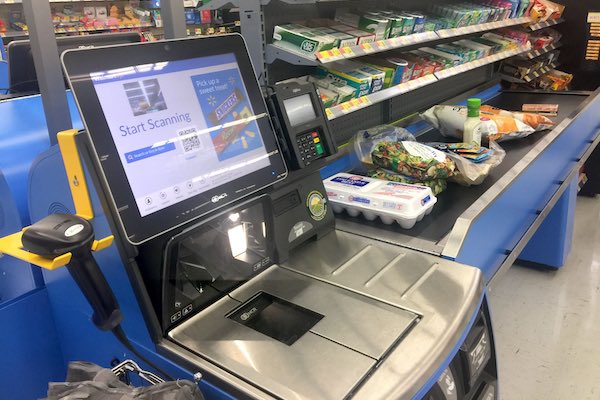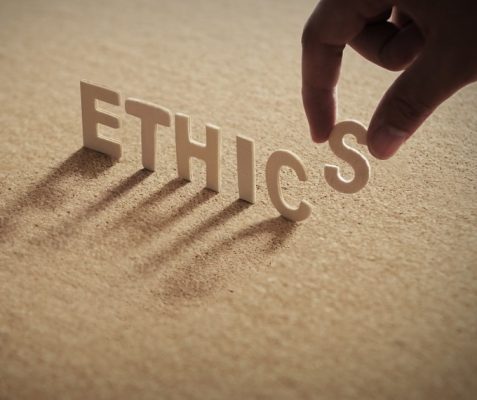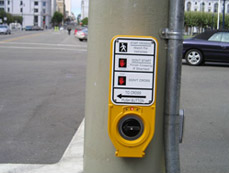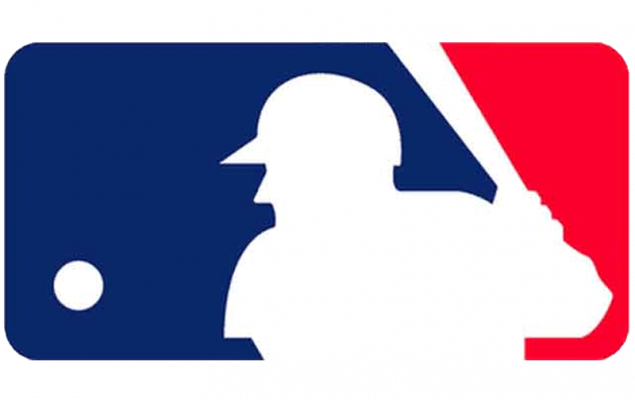
Articles
This page has short summaries of every article posted on Lainey Feingold's website with links to the full articles. Visit the Writings Page to read Lainey's articles that were first posted in other publications. Visit the Topics Page for all 300 plus articles on this website organized into 38 topics including web accessibility settlements and Talking ATM press releases.
U.S. Federal Judge Rules for Walmart, against Blind Shoppers, in Self-checkout Kiosk Case
Digital Accessibility Legal Update (December 2015)
Bank One Preliminary Talking ATM Press Release
The Bank One Press Release posted here was issued as a result of an initial settlement agreement that Bank One signed with Chicago blind activists Kelly Pierce and Anna Byrne using Structured Negotiations instead of litigation. In the 2001 Bank One Preliminary Settlement Agreement, the bank agreed to install Talking ATMs at 130 locations, making it the first bank with Talking ATMs in Illinois and Ohio. Two years later, the bank signed a comprehensive agreement providing for additional Talking ATMs, an alternative format policy, and an accessible web site.
Read more… Bank One Preliminary Talking ATM Press Release
Talking ATM History: Early Structured Negotiations in New England and the Midwest
This post is one in an ongoing series on the history of the advocacy and technology behind Talking ATMs. A short summary of all articles in this series is available by selecting the Talking ATM History link on the Categories Page of this website. In this post you can read about early Massachusetts Talking ATM advocacy and Talking ATM efforts in Chicago and the Midwest.
Read more… Talking ATM History: Early Structured Negotiations in New England and the Midwest
U.S. Federal Appeals Court Slams Unethical ADA Practice
Accessible Credit Reports Agreement
The accessible credit reports agreement was negotiated by Lainey Feingold and Linda Dardarian on behalf of the American Council of the Blind, the California Council of the Blind and blind individuals Paul Parravano, Lucy Greco and Lori Gray. In the Agreement, Equifax, Experian and TransUnion agreed to provide credit reports that are accessible to people who are blind and visually impaired. On-line reports will meet standards established by the Web Accessibility Initiative of the World Wide Web Consortium, and credit reports will be made available in Braille, Large Print, and on audio CD.
Read more… Accessible Credit Reports Agreement
San Francisco APS Agreement
Access Board Considers ADAAG Coverage for Self-Service Kiosks
The United States Access Board is currently considering proposed changes to the ADA Accessibility Guidelines (ADAAG) that would require certain self-service kiosks to be accessible to people with disabilities. Based on their experience with Talking ATMs and tactile point of sale devices, the Law Office of Lainey Feingold and Linda Dardarian of Goldstein, Demchak, Baller, Borgen & Dardarian, prepared comments on the Board’s proposal for use by persons interested in accessible devices. Those comments, all or parts of which were incorporated into submissions filed with the Board by several organizations, are posted here.
Read more… Access Board Considers ADAAG Coverage for Self-Service Kiosks





